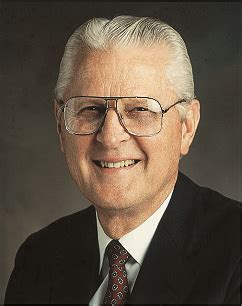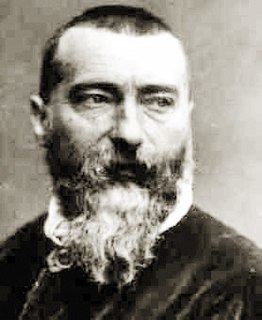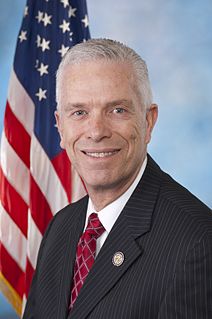A Quote by Brene Brown
The uncertainty of parenting can bring up feelings in us that range from frustration to terror.
Quote Topics
Related Quotes
Sticking with uncertainty is how we learn to relax in the midst of chaos, how we learn to be cool when the ground beneath us suddenly disappears. We can bring ourselves back to the spiritual path countless times every day simply by exercising our willingness to rest in the uncertainty of the present moment—over and over again.
The first idea of Captain Fantastic was a pretty radically different one. The genesis had to do with parenting and questions about parenthood and fatherhood specifically. I have two kids and I was grappling with what my values were and what I wanted to pass to my children. So I was positing different kinds of parents and different ways of parenting. I played with various ideas - very permissive parenting, very restrictive parenting and then I came up with the character of Viggo Mortensen, and much of it was aspirational, some of it was autobiographical.
Somewhere along the journey of remembering who we really are, we may find ourselves in a very uncomfortable space, a void in which we realize that we haven't totally let go of our old beliefs, and on the other hand we have yet to fully plug into the new truths we have discovered. This awkward "place of mind" can bring on an internal crisis of uncertainty, instability, confusion, frustration, and a most unspeakable despair as the "dark night" sets in and makes its presence felt.


































